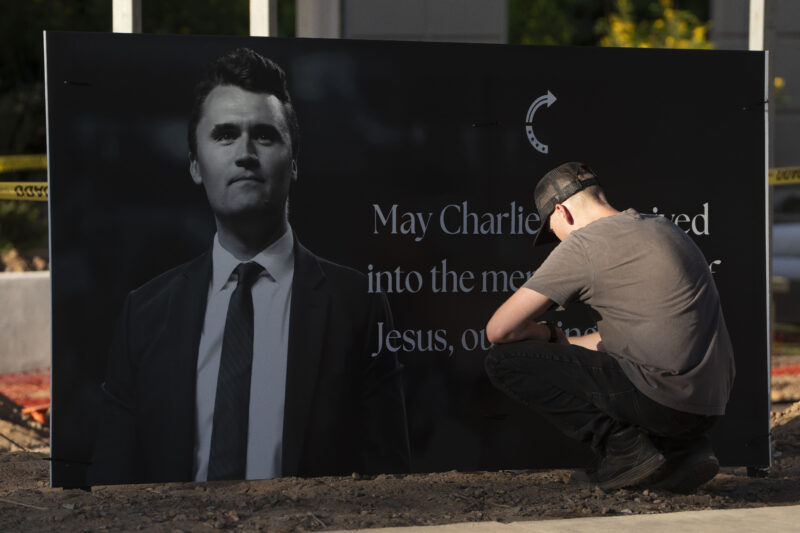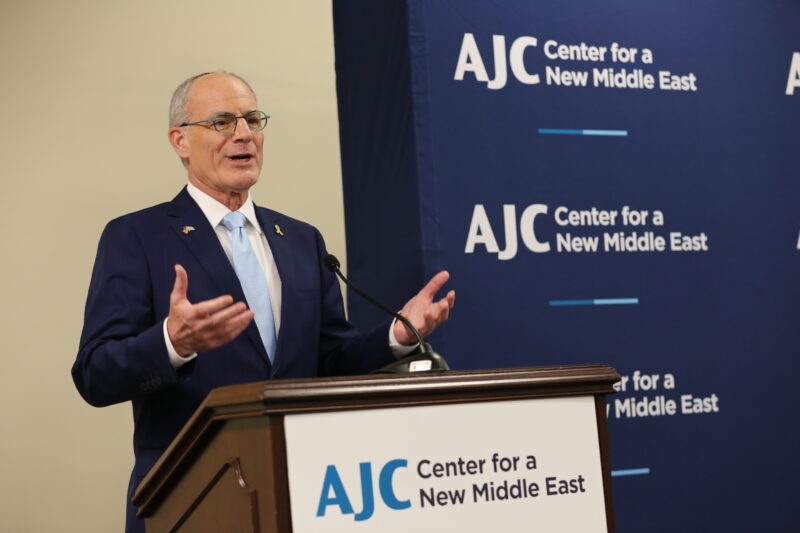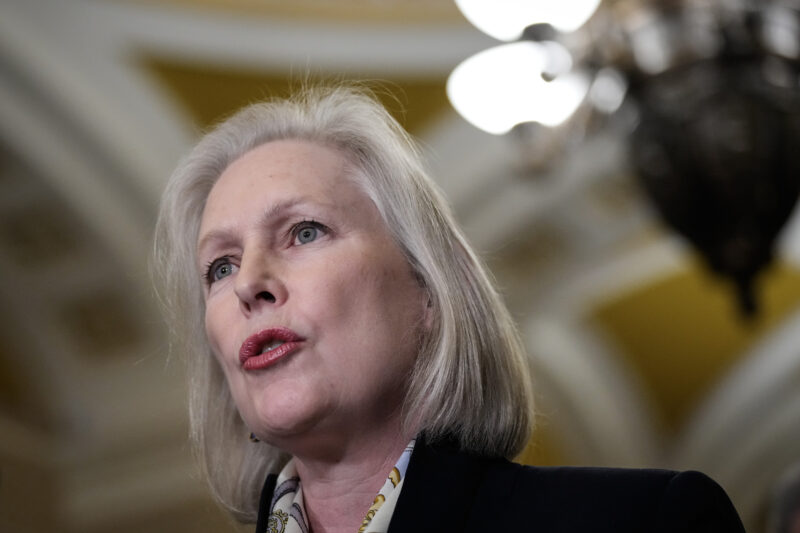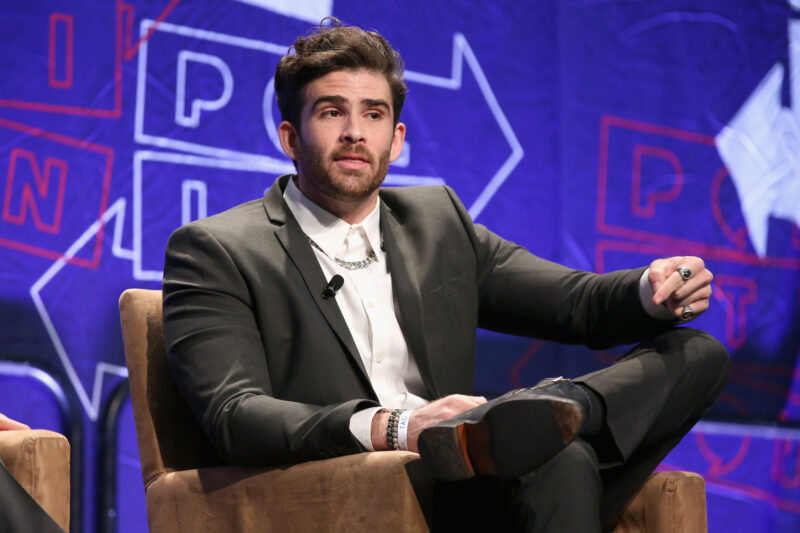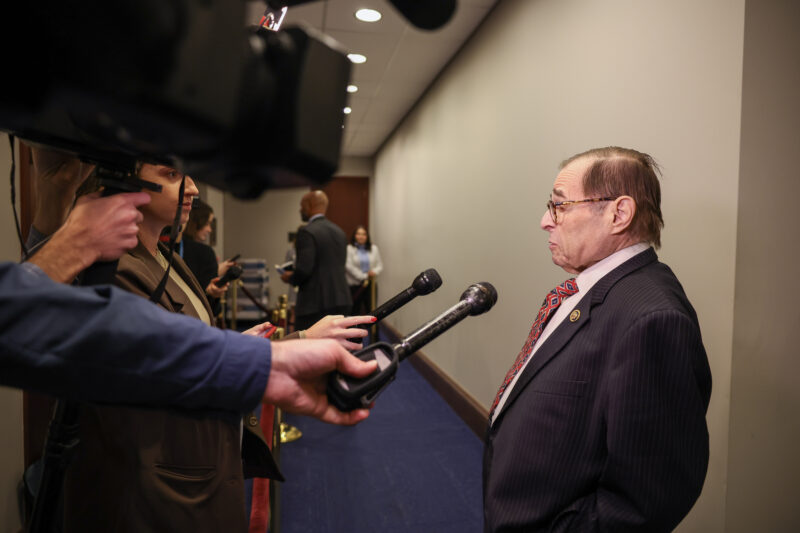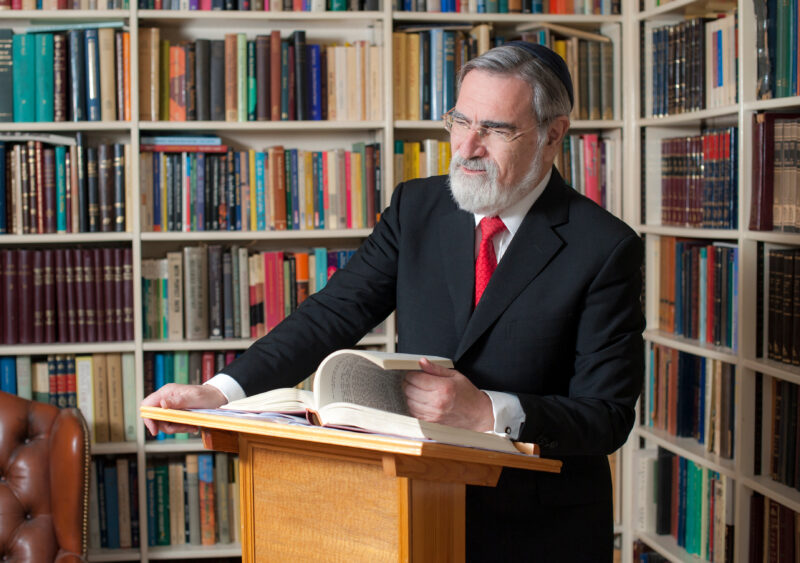California Legislature advances amended antisemitism bill despite teachers union opposition
A section that defined antisemitism and provided examples of an ‘antisemitic learning environment’ were stripped out before passage

Holmes/Getty Images for National Urban League
A view of the California state capitol building.
A key California Senate committee voted on Wednesday to advance an amended bill targeting antisemitism in K-12 schools, following two months of closed-door negotiations that came after the state’s largest teachers’ union announced its opposition to the bill and stalled its passage.
The version of the bill that came before the Senate Education Committee on Wednesday night was markedly different from an earlier version that had been approved unanimously by the State Assembly in May. But when the 300,000-member California Teachers Association came out against the bill in July, arguing that its targeting of antisemitism could affect teachers’ “academic freedom,” lawmakers scrapped a planned hearing in order to take time to try to assuage the powerful union.
The CTA never withdrew its opposition to the bill, and the group’s chief lobbyist urged senators to vote against it at a Wednesday hearing that saw more than 500 people testify about the legislation. Tyler Gregory, CEO of the Jewish Community Relations Council of the Bay Area, said the union had been “negotiating in bad faith.” A CTA spokesperson did not respond to a request for comment.
“I am disappointed that they’re still opposing the bill so aggressively. We’ve worked so hard to address their concerns,” state Sen. Scott Wiener, a San Francisco Democrat who chairs the Legislative Jewish Caucus, told Jewish Insider. “It’s a narrower and more focused bill than it was before, but it’s still quite impactful and it sets some clear standards, and creates an antisemitism coordinator, so it’s a good bill.”
The bill would create a statewide Office of Civil Rights, where a new antisemitism prevention coordinator would be located. If the bill passes, that office will track antisemitism in California schools and provide antisemitism education to California teachers and administrators to help prevent and combat discrimination.
Although the legislation would provide educational materials about antisemitism to school personnel, the biggest change from the prior draft was the removal of a section that defined antisemitism and provided examples of what would constitute an “antisemitic learning environment.”
These examples included “assertions of dual loyalty directed at Jewish individuals or communities,” “equating Jews or Israelis with Nazis or Nazi Germany,” “denial, erasure, or distortion of Jewish history, ancestry, identity, or culture” and “language or images directly or indirectly denying the right of Israel to exist, demonizing Jewish people, or saying that Jewish people do not belong in a country or community.”
Instead, the plan endorsed a 2024 antisemitism strategy authored by Gov. Gavin Newsom and the 2023 plan released by the Biden White House.
“There was a lot of discussion about how antisemitism should be defined, and ultimately there wasn’t sufficient consensus for that to be a part of the bill,” said Robert Trestan, vice president of the Anti-Defamation League’s western division. “There are sufficient effective provisions of the bill that will make a difference for Jewish students in California, and if we didn’t think it’s going to be effective, we wouldn’t support it.”
A CTA board member wrote in an August op-ed that the bill’s sponsors “are trying to bring right-wing, Trump-style censorship to California schools while undermining legitimate efforts to fight antisemitism.”
Wiener said Trump’s heavy-handed approach to antisemitism at U.S. universities has complicated efforts for California lawmakers to address the issues.
“It’s made our lives harder. I understand the sensitivity given the current political environment,” said Wiener. “That said, when you have a large number of Jews, including Jewish parents and Jewish students, coming forward and saying, ‘We have a problem and we need to solve it,’ you shouldn’t just dismiss that or say, ‘Oh, well, it’s too harsh because of academic freedom.’”
He suggested there’s a double standard at play when it comes to arguments about academic freedom and its connection to antisemitism.
“If a teacher started teaching that there were good sides of slavery, I am confident that the school would shut that down immediately and that no one would argue,” Wiener said. “But when it comes to Jews, well, then it’s about academic freedom.”
The Senate Education Committee voted the bill out of committee unanimously, and it was approved by the Senate Appropriations Committee on Thursday night. It still needs to be passed by the full state Senate and then go back to the Assembly, all by the end of the week, when the legislative session ends, in order to make it to Newsom’s desk for his signature. A spokesperson for Newsom declined to comment.




